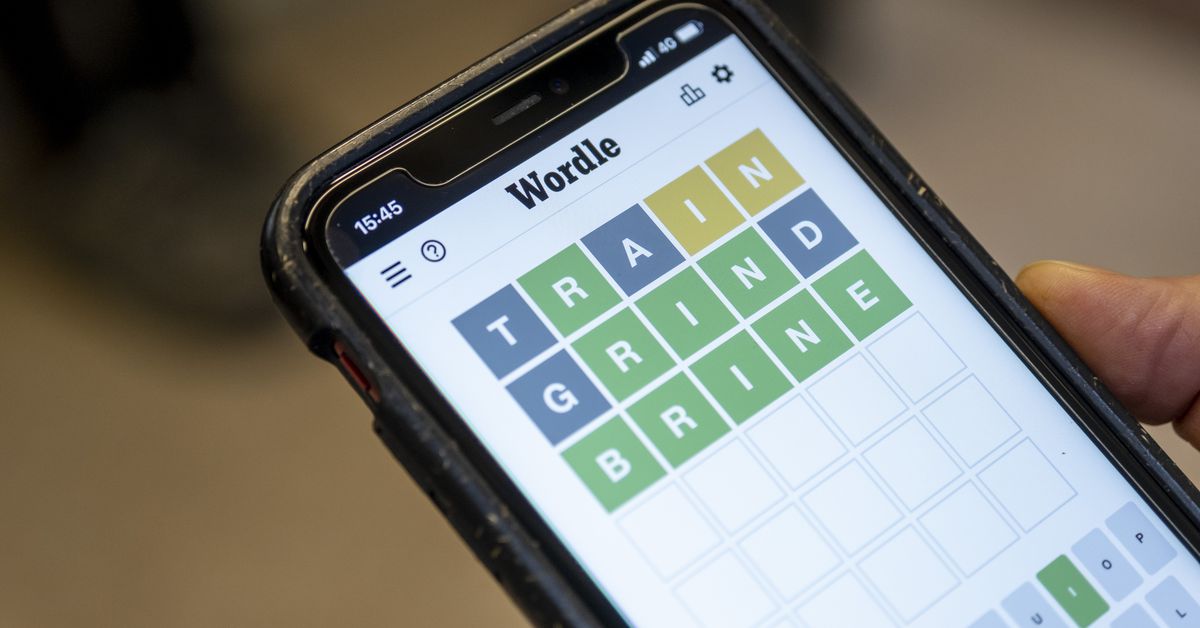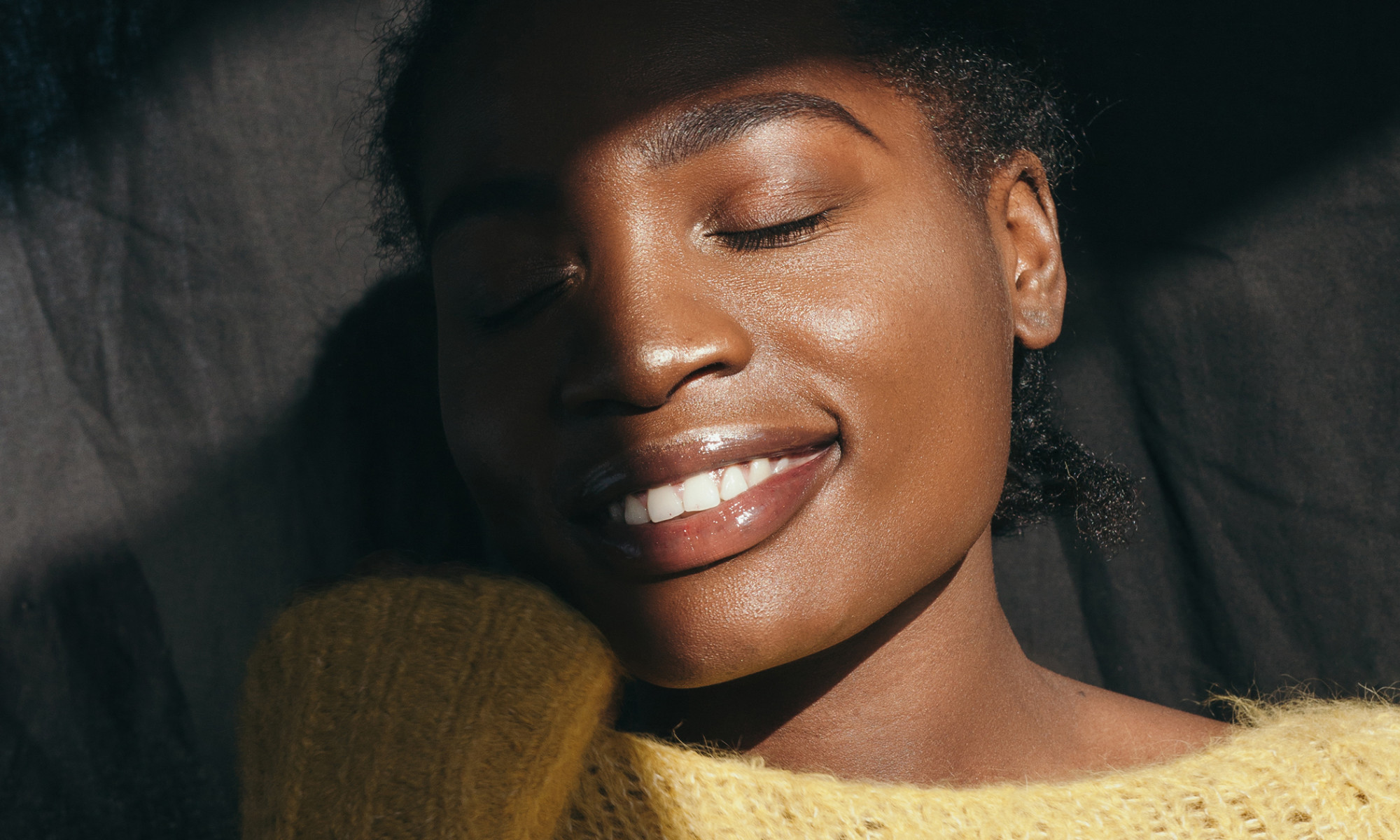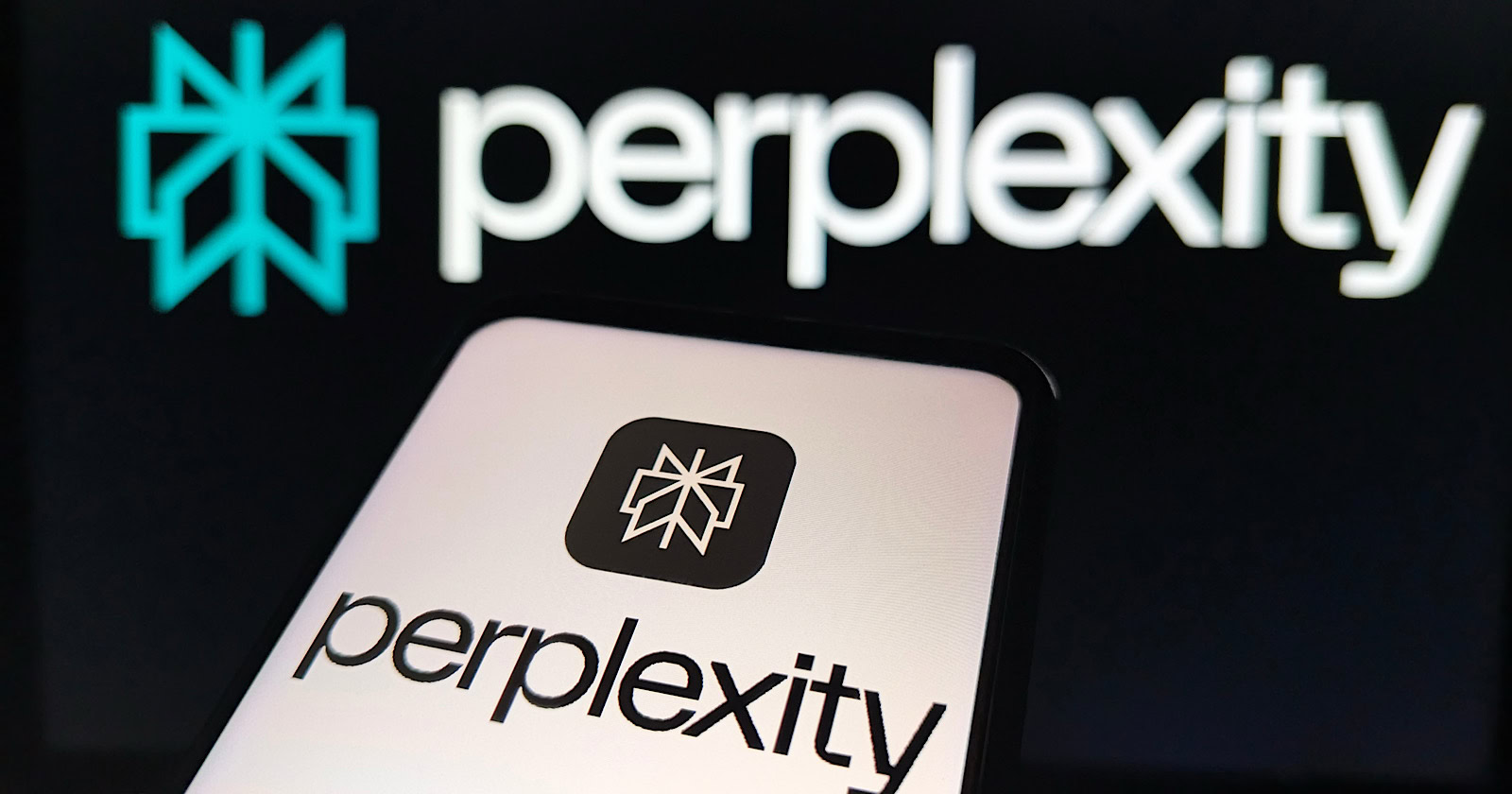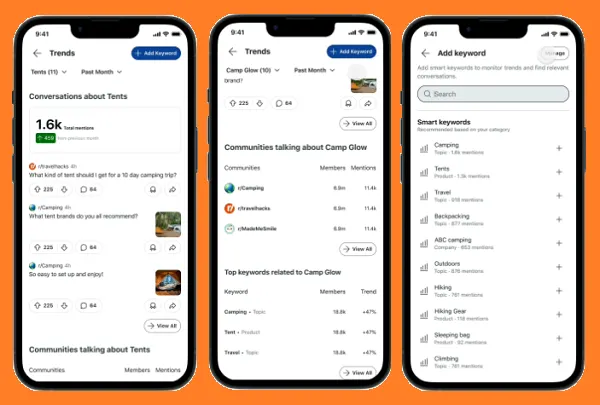In the college sports pay era, female athletes are emerging as big winners
Nike's NIL deal with NCAA college and high school players was led by Bronny James, but shows the rising role of female athletes in the era of endorsement deals.

INDIANAPOLIS, IN - MARCH 6: Iowa guard Caitlin Clark (22) raises her arms in an effort to get the crowd cheering during the Women's Big Ten Tournament Championship college basketball game between the Indiana Hoosiers and the Iowa Hawkeyes on March 6, 2022 at Gainbridge Fieldhouse in Indianapolis, IN. (Photo by James Black/Icon Sportswire via Getty Images)
Icon Sportswire | Icon Sportswire | Getty Images
Lebron James' son Bronny got most of the headline play, but there's another big story in the recent Nike NIL deal allowing college athletes to get paid. At a time of increased scrutiny about the pay gap between male and female athletes, the Nike deals show that female collegiate and amateur athletes are emerging as winners in the early days of the NIL era.
"I think it's reflective of a broader movement that we're seeing in sports. I think this is a reckoning, a slow reckoning, albeit, but a reckoning that there are more opportunities, more interest," said Patrick Rishe, director of the sports business program at Washington University.
University of Iowa's point guard Caitlin Clark, Stanford University's guard Haley Jones and Sierra Canyon High School's guard Juju Watkins are the three women's basketball players signed to Nike's newly finalized NIL endorsement deal, alongside Sierra Canyon High School's point guard Bronny James and Camden High School's guard DJ Wagner.
"I grew up watching Nike athletes across all sports play their game. They have inspired me to work hard and make a difference. I'm humbled to be part of this first Nike basketball class and passionate about inspiring the next," said Clark in a Nike release.
Female sports success in early NIL era
Since the enactment of the NIL (name, image and likeness) structure to allow amateur athletes to seek endorsement deals, which came in July 2021 after a landmark Supreme Court decision, the hope was that female athletes would significantly benefit.
"I think most people knew that women athletes in particular were going to see great opportunities," Rishe said.
Tracking deals from NIL's execution through Sept. 30 of this year, women's basketball ranked third-highest among NIL compensated sports, according to NIL technology company and marketplace Opendorse. With a total of 12.6% of NIL compensation going towards women's basketball, the sport was only behind men's basketball (18.9%) and football (49.6%).
Despite the big gap between NIL compensation for football players and all other athletes, Opendorse's data shows potential for greater gains within women's sports. Six women's sports made the top 10 list for NIL compensated sports, and women's basketball, volleyball and softball all beat out baseball, the third most profitable men's sport.
"The brands that we're working with are very explicit about saying they want to make sure there is full representation in the athletes that they're working with on a campaign. They specifically ask for diverse representation of athletes across multiple sports [and] equal representation of men and women," said Lisa Bregman, Opendorse's senior director of marketplace success.
Nike, which has a vast presence in college sports merchandising, has been investing more in the growth of the women's apparel business through its college partnerships.
Both local and global brands see the potential in endorsing collegiate athletes, and even as lucrative deals with football players lead the way by a wide margin — 12 players have $1 million-plus deals and 50 players deals worth $500,000 or more, according to sports data firm On3 — there is a growing number of companies signing NIL deals with female athletes.
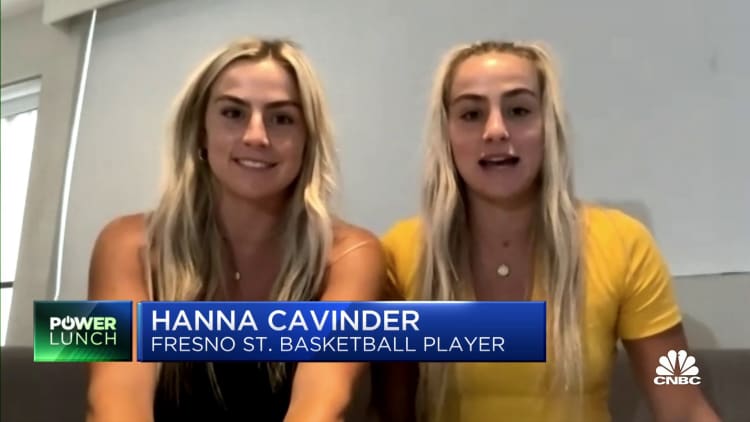
"We see more of our football and basketball guys getting the bigger deals that involve cash payments," said Rutgers University softball player Kayla Bock. But she added, "There are those companies out there that are actively looking for women and looking for specific sports."
Bock, and a total of eight female student athletes, recently signed an NIL deal with the New Brunswick Development Corporation (Devco) in honor of 50 years of Title IX, the part of the federal Department of Education amendments of 1972 that prohibits sex-based discrimination in any school or any other education program that receives funding from the federal government.
NIL deals are extending the career opportunities for women athletes.
"A lot of these women don't have the opportunities at the team sport level that their male counterparts do professionally. So, being able to monetize their brand, while they have the visibility they have in college, will hopefully set them up for several years beyond," Rishe said. "That's why it's exciting to see, but not surprising to see a lot of female college athletes solidify various and sometimes lucrative NIL deals."
Women's social media presence influences deals
Clark ranks as the tenth most profitable college women's basketball player and Jones comes in twelfth, according to On3's "College Women's Basketball NIL Rankings." While the Nike deals are likely to help these players' rankings rise, responsibility also falls on the athletes to maintain their newfound fame.
"It creates a greater platform and greater incentivization for any student athlete that does an NIL deal, but in particular [for] the female athletes, to hone their brand, polish it, perfect it," Rishe said.
NIL-signed female athletes can compensate for the lack of attention that women's sports have historically received by focusing on expanding their social media followers and engagement.
A 2021 study from the Pew Research Center found that 12% more women use social media than men, and companies are recognizing this as more NIL deals are signed. Companies want to partner with student athletes that can effectively market their brand and they know with younger generations there's no better way to do this than through social media.
Excluding football, Opendorse found that NIL-compensated female athletes are engaging in 19.6% more social media activities for their deals than male counterparts.
"Knowing that women tend to be more active and engaged on social media and knowing that these deals and the true opportunity to build their brands is really in that space, it has really created an opportunity for female athletes to stand out," Bregman said.
Whether it be through posting a photo of a new Liquid I.V. product or sharing her Adidas discount code with friends and family, Bock is enjoying the benefits of NIL deals, along with the growing recognition for her athletic abilities and women's sports as a whole.
"Just the difference between the [viewership for the] Men's Baseball College World Series and the Women's Softball College World Series, I mean, the women blew the men out of the water. So, in terms of just women's sports in general, I think they're becoming a bigger thing," Bock said. "We are getting that attention that we've deserved all along."
Future impact on college sports business
Even after the 50-year anniversary of Title IX's passage, girls still miss out on one million high school sports opportunities and women miss out on 60,000 collegiate sport opportunities, the Women's Sports Foundation found in a recent study. But the growing number of NIL deals for female athletes brings more attention and hope that there will be continued growth in compensation for women's sports in the future.
"If these women are successful on the court, and they're successful building their brands off the court, especially through social media, it certainly has the potential to raise and elevate the exposure of women's basketball," Rishe said on Nike's deal with Clark, Jones and Watkins. "The more student athletes that do this for the women's game, then this could have an impact going forward on corporate partnership deals and even media rights deals that women's basketball is able to command and universities or individual schools that these young women play on."
Division I athletic programs continue to spend almost twice as much on their men's teams than their women's teams, according to the NCAA's 2022 "The State of Women in College Sports" report, and Division II and III see similar, yet less severe gaps. NIL deal success could sway colleges to start setting aside more funding for women's sports.
"Women are going to have this have this new platform now that they can activate on, and I think the impact of that is going to be inevitably more eyeballs on the sport that they play," Bregman said.
Female athletes already are doing their part in spreading the message about the future of women in sports and as public figures.
"It's our turn, to continue to pave the way for the generation that's coming after us, and that's not just in sports, but in the classroom. With NIL deals, you can really touch on anything of that sort now," Bock said.
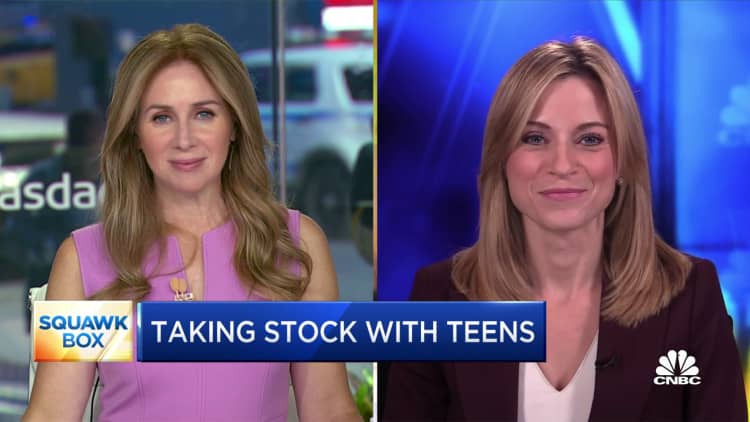

 Tekef
Tekef 











